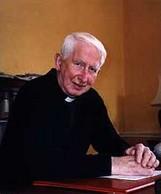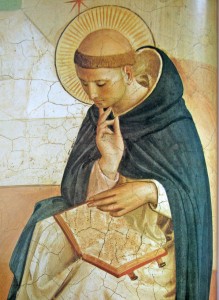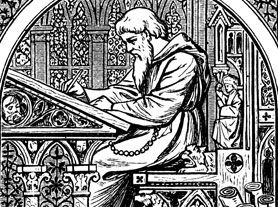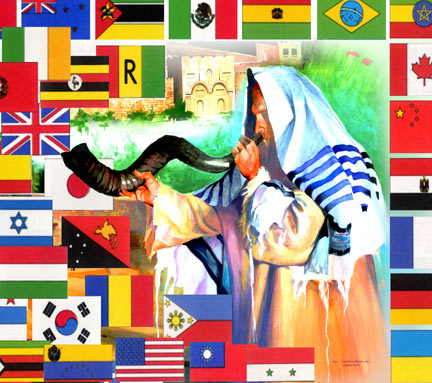My Story: Called By Name
In this post I would like to give a little bit of my testimony. The full story of my faith journey is obviously quite long, so today I would just like to share with you the genesis of my walk with God.
“In The Beginning…” – Genesis 1:1
I grew up in a home with a mother who was a practising Catholic and a father of somewhat nominal Anglican background. My mother took my sister and me to Mass every week and always encouraged both of us in our faith. At our parish, my sister sang in the choir and I was an altar server. Some of the most vivid memories of my childhood are of the three of us praying together at home and singing along in the car with Psalty the Singing Songbook …

As a teenager I never had any real rebellion against religion. Sure, I had some doubts at times, but on the whole I enjoyed going to Mass. I took my altar serving duties very seriously and enjoyed the stillness of the Saturday Vigil and the otherwordliness of the Sunday morning celebrations at the Abbey Church.
My “Tolle Lege”
I then went to University. Although I had been a believer up until this point and prayed pretty regularly, something was about to change…
In my second year of university I moved out of the campus accommodation into a house that was owned by, and situated next to, a Catholic church in the city. As well as having a student Mass, a prayer group was inaugurated shortly after my arrival by an Irish missionary named Maeve who played a significant role in my formation while at University. It was at one of these tiny prayer meetings, in the small back room of the church, that my faith was ignited.
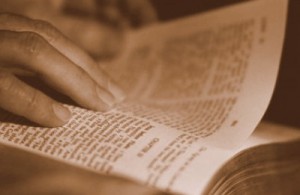
The format of the prayer group was as follows. After an opening prayer, one of the Verbum Dei missionaries would give a short reflection on a particular topic, such as “The Holy Spirit” or “Faith”. Afterwards we would spend some time in silence reading a handout containing some verses of Scripture related to the topic for that week.
Called By Name
It was during one of these times of silence that my eyes came to rest upon the following passage from the prophet Jeremiah:
The word of the LORD came to me, saying, “Before I formed you in the womb I knew you, before you were born I set you apart; I appointed you as a prophet to the nations.”
– Jeremiah 1:5
This wasn’t an unfamiliar passage to me – I had taken Religious Studies at school and learned a whole bunch of Scripture by heart for my exams. However, that night, those words had special power in them. This wasn’t just something God had said to Jeremiah in Judah in ~600 BC, but it was something that He was saying to me in that little room, that night, two and a half thousand years later.
Restless Heart
That night I truly knew that I was known by God and that my life had purpose. It was like someone had turned on a homing beacon inside of me. Sixteen hundred years earlier, St. Augustine wrote in his “Confessions”:
“You made us for Yourself O Lord, and our hearts will wander restless…until we rest in You”
That night I began to recognise the deep restlessness of my heart, and the space inside it that only God could fill. And so began my adult journey of faith and my love affair with Sacred Scripture. The Word is “alive” indeed…

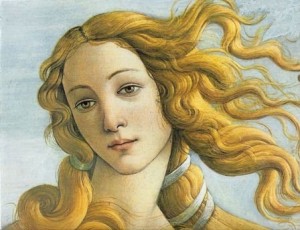 The other day I was having lunch with a friend and, out of the blue, she asked me:
The other day I was having lunch with a friend and, out of the blue, she asked me: 
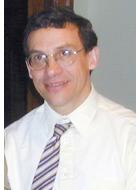 Yesterday was the Feast of
Yesterday was the Feast of 